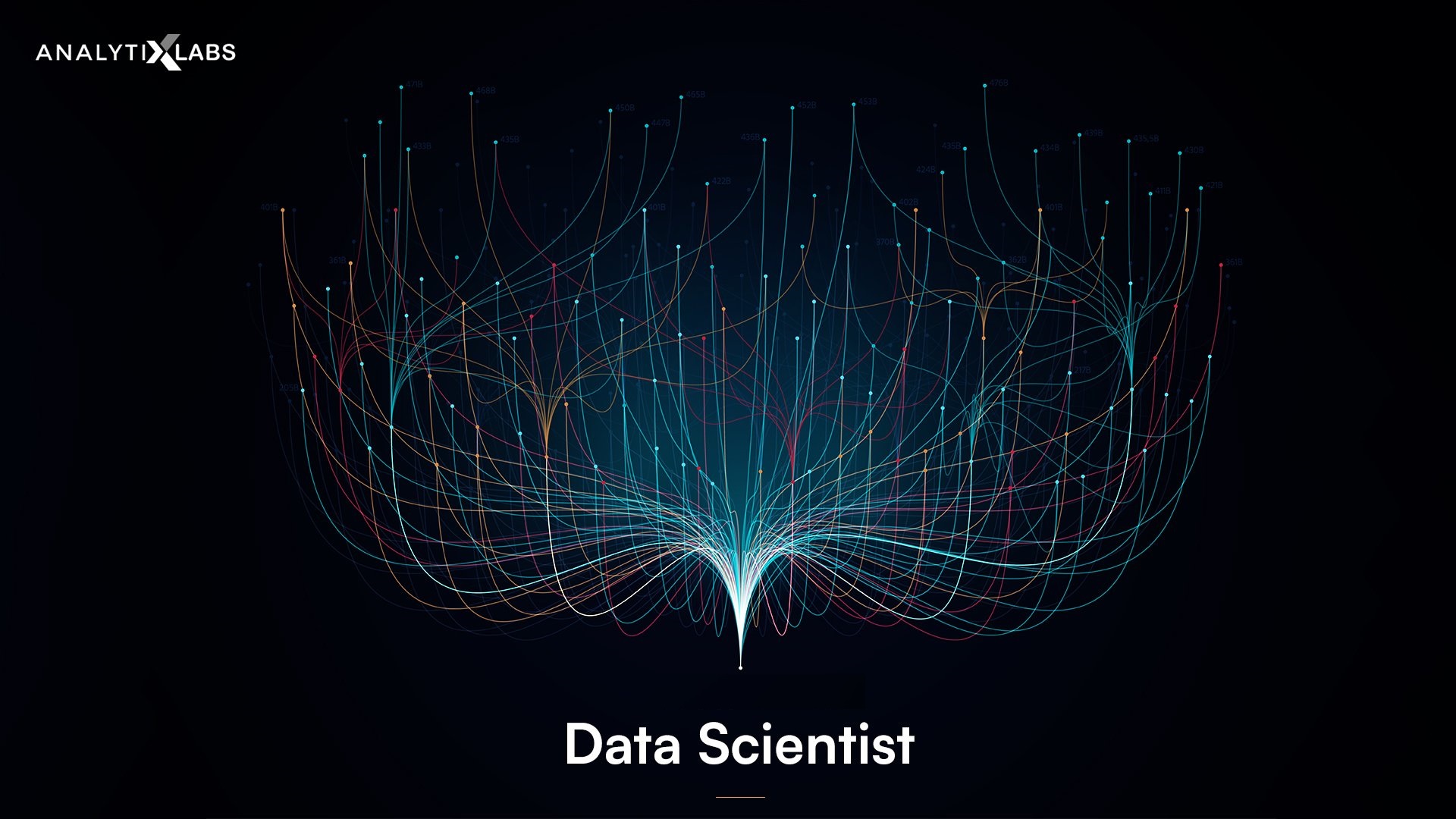Data science uses a combination of programming skills and statistical analysis to process bulk data sets and obtain meaningful predictions. It also requires the implementation of data mining, statistics, predictive modeling, regression, data visualization, and classification. Data collected from different resources are of no use until it goes through proper filtering, cleaning, and sorting. Data scientists often require removing, merging, or cutting specific parts of data to create accurate models.
Data science emerged as one of the most demanding technologies when companies realized its importance in developing meaningful insights. At present, data science tops the list of the best jobs in the market. The demand for big data engineers is growing steadily. Companies are looking to hire data scientists who can provide meaningful interpretation and predict trends. Hence job-oriented data analytics certification courses are truly beneficial for impressing future employers.
At present data, scientists come from different backgrounds like finance, computer science, statistics, economics, etc. As the candidates belong to various trades, each has an innovative perspective and problem-solving approach. This article discusses the different topics and career paths of data science. Pursuing a career in data science is rewarding not just because of its growing popularity but also because data will soon become the pivot point of the entire economy.
Business analytics
Business analytics is one of the most prominent applications of data science. It is used for data mining, recognizing potential flaws, and applying changes in an organization. These changes help in improving the overall efficiency of an enterprise. Business analytics involves change implementation, communication improvements, and decision-making based on trends.
Computer science
Data science is considered an emerging branch of science and technology. It is a derivative of computer science that also includes statistical calculations. Data scientists should have coding skills as well as mathematical knowledge to work with data mining, database management, and scientific computing. Production level topics like artificial intelligence, computer vision, and natural language processing require data scientists to have sufficient coding skills.
Finance
Analytics is an integral part of financial services. Tasks like identification of changes, price prediction, determining consumer lifetime values, analysis of the stock market, fraud detection involve data science. It is essential to make real-time decisions, predict market opportunities, develop trade algorithms, and personalize customer relationships. Data scientists can provide a host of benefits to financial service providers.
Cybersecurity
Cybersecurity agencies are implementing data science to improve the efficiency of their systems. Analytical models, together with artificial intelligence, can identify malicious attacks within a network. It also facilitates the automated functioning of security tools. Data science allows businesses to apply improved intrusion detection mechanisms. Moreover, it eliminates the chances of unauthorized data breaches and manipulation.
Recommended Blog: Data Scientist Job Description – Role of Data Scientist
Environment protection
Global warming due to uncontrolled industrial pollution has become a major threat to the world. An environmental data scientist can use predictions and modeling to track pollutant levels, atmospheric values, air quality, geospatial data, and other geological systems. The inferences will help in developing geographic information systems, remote sensing for project monitoring, climatology, etc.
Biotechnology
Biotechnology uses technological advancements for analyzing living organisms, biological systems, and healthcare mechanisms. Biotech companies are looking for data scientists to explore new concepts in medical and non-medical fields.
Tasks like genome analysis and generation sequencing require experts with statistical and coding skills. It helps in analyzing large data sets to obtain exact results. Data science is also helpful in developing vaccines, drugs, side effect analysis, classification, and more.
Microeconomics
The skills of a data scientist are also beneficial in sectors like econometric analysis, antitrust economics and regulation, impact evaluation, economic experiment, public, and labor economics, etc.
Global economic relations
Data science methodologies are useful for obtaining a deeper insight into international, political, and economical processes. It also helps in understanding financial relations and globalization processes.
Public affairs
The knowledge and skills of a data scientist are highly effective in creating public policy outcomes. It is obtained through the development of smart cities, modern transport management, political services, data interpretation, academic system management, fraud detection, law enforcement, etc.
As more and more businesses continue to depend on data science, the demand for scientists who can collect, organize, interpret and visualize data will increase. Data science will lead to the development of new techniques and knowledge for managing bulk data. At present, almost every business and government agency is dependent on big data for its success. Data analytics certification courses provide students with theoretical and practical learning experiences. It allows them to gain hands-on experience at an early stage in their careers.
